The Pickett Project.
“Quote from Nate’s Mom”
Including the Voices of Families Affected by Police Violence in Police Training
PRESS RELEASE: Oakland, CA June 28, 2018 Today at the Opening of the annual conference of Families United 4 Justice, a new program from The Institute for Criminal Justice Training Reform is being announced. The Pickett Project will bring the stories of families who lost loved ones to Police Action Killings as a required component in police academies’ curricula.
The Pickett Project, named for Nathaniel Pickett, is the first of its kind and is designed to bring awareness to police in training about the affects their actions on-the-job have on real people, real families by hearing their first-hand accounts of how they lost their loved one to a police action killing. Time for a local family to speak candidly with the training class will be incorporated into the regular course of the training curriculum for a one-hour segment. This segment will bring parity to similar segments long incorporated in police training that invite families of police killed on-the-job speak to cadettes. The Pickett Project will help to restore a sense of balance in the importance placed on police officers’ lives and their families as equal to the importance of the lives of the people and families in the communities they serve. The hope of the Pickett Project is to bring this sense of balance, equity and awareness to future police so that they can carry this sensibility with them into their jobs to better serve and protect every citizen.
Plan for Implementation
The Institute will initiate the Picket Project by approaching the nation’s academies and POST Administrators with the outline of the plan, emphasizing the value of including the voices of families affected by police action killings alongside those of families of police killed in the line of duty. The purpose will be – not to replace, but to bolster a component of training most facilities already have. Second, the Institute will work with partners across the country to identify families who will speak for the training segment and fully subsidize all costs associated with the travel and other expenses incurred by the families for this project. This will serve as further incentive to academies and POST facilities to work with us to implement the Pickett Project at no cost to them. Further, the Institute will work with state legislatures to promote the Pickett Project, its benefits to the community and the police and sponsor related legislative proposals whenever possible.

